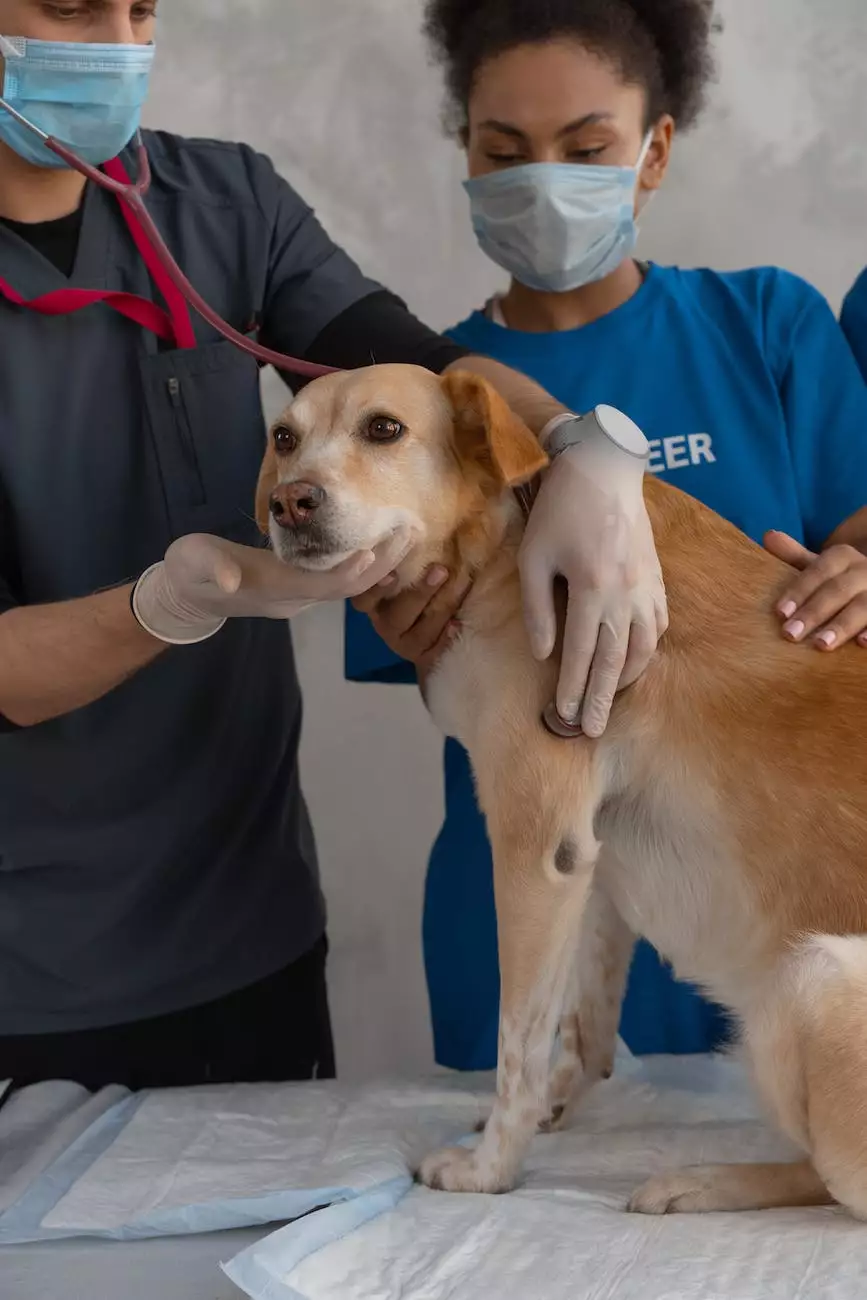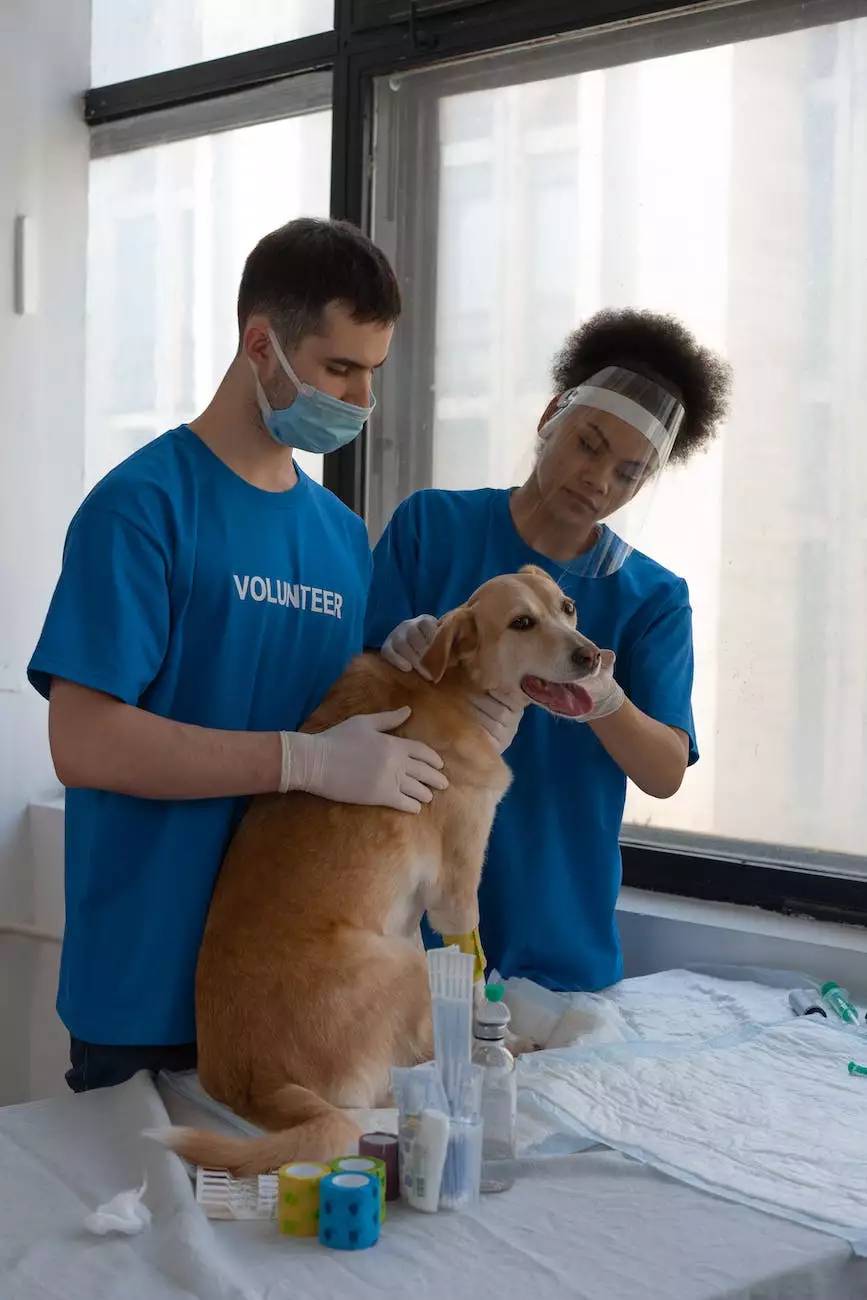Signs of Bladder Infection in Dogs
Blog
Welcome to Rosey Dog Care, your trusted source of information and supplies for pet health and well-being. In this article, we will discuss the signs of bladder infection in dogs and how to properly care for your furry friend.
Understanding Bladder Infections in Dogs
A bladder infection, also known as a urinary tract infection (UTI), is a common condition that can affect dogs of all breeds and ages. It occurs when bacteria enter the urinary system and multiply, causing irritation and inflammation in the bladder. If left untreated, bladder infections can lead to more serious health issues.
Recognizing the Signs
It is important for pet owners to be aware of the signs that may indicate a bladder infection in their dogs. Some common symptoms include:
- Increased Urination: Dogs with bladder infections often need to urinate more frequently than usual. If you notice your dog asking to go outside or having accidents indoors more frequently, it could be a sign of a bladder infection.
- Straining or Painful Urination: If your dog seems to be experiencing discomfort or pain while urinating, it could indicate a bladder infection. They may whine, cry, or show signs of distress during elimination.
- Blood in Urine: Bladder infections can cause blood to appear in the urine. If you notice pink or red discoloration in your dog's urine, it is essential to seek veterinary care.
- Strong Odor: Foul-smelling urine is another potential symptom of a bladder infection. If your dog's urine has a strong, unpleasant odor, it may be a sign of an underlying urinary tract issue.
- Lethargy: Dogs with bladder infections may show signs of lethargy or decreased energy levels. If your dog seems unusually tired or lacks interest in their usual activities, it could be linked to a urinary tract infection.
Seeking Veterinary Care
If you suspect that your dog may have a bladder infection, it is crucial to seek veterinary care. A professional evaluation will help determine the underlying cause and appropriate treatment plan for your furry companion. A veterinarian may perform a physical examination, urine analysis, or additional diagnostic tests to confirm a diagnosis of bladder infection in your dog.
Treatment Options
Upon diagnosis, your veterinarian may prescribe antibiotics to eliminate the infection. It is essential to follow the prescribed medication schedule and complete the full course of treatment to ensure the infection is fully cleared.
In addition to medication, your veterinarian may recommend other supportive measures to help your dog recover. These may include:
- Increase Water Intake: Encouraging your dog to drink plenty of water can help flush out bacteria and promote urinary health.
- Dietary Modifications: Your veterinarian may suggest changes to your dog's diet to support urinary tract health. This may involve switching to a specialized urinary diet or introducing supplements.
- Hygiene and Cleanliness: Keeping your dog's genital area clean and practicing good hygiene can help prevent further infections. Your veterinarian can provide guidance on proper cleaning techniques.
Preventing Bladder Infections
While some dogs may be more prone to bladder infections due to underlying health conditions or genetic factors, there are steps you can take to minimize the risk. Here are some preventive measures:
- Regular Veterinary Check-ups: Routine check-ups with your veterinarian can help detect potential issues early and prevent complications.
- Proper Hydration: Ensure that your dog has access to fresh, clean water at all times to encourage regular urination.
- Regular Potty Breaks: Take your dog outside for frequent potty breaks to promote proper bladder emptying.
- Maintain Proper Hygiene: Keep your dog's genital area clean and free from debris to reduce the risk of bacterial growth.
- Provide a Balanced Diet: A well-balanced diet that meets your dog's nutritional needs can support overall health, including urinary tract health.
Conclusion
Being aware of the signs of bladder infection in dogs is essential for every pet owner. If you suspect that your dog may be experiencing a bladder infection, seek veterinary care promptly. Early diagnosis and appropriate treatment can help prevent further complications and ensure your dog's well-being. At Rosey Dog Care, we are dedicated to providing expert advice and high-quality supplies for your pet's health and happiness.










